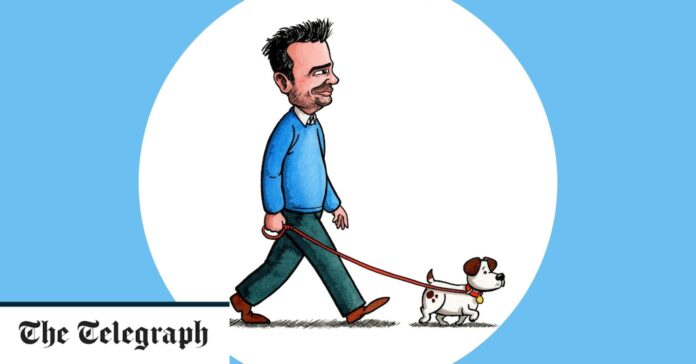Reporters may be ordered to stop saying ‘tax burden’, as it implies that high taxes are undesirable. Perish the thought
As we all know, the BBC works extremely hard to avoid even the faintest hint of political bias in its news coverage. To this end, it’s reportedly considering a ban on the phrase “tax burden” – because the use of “burden” may appear to suggest that high taxes are somehow undesirable and unpopular. A source told the Telegraph: “‘Tax burden’ implies that taxes are bad, that tax should be reduced.”
Perish the thought. Because, if there’s one thing we know about British voters, it’s that they absolutely love paying lots of tax.
It’s always been the way. It’s why, at every general election, the main parties frantically compete to offer the highest taxes, with the Tories endlessly warning voters that a Labour government would let them keep far too much of their own money. It’s why the news is currently full of distressed British families complaining that they simply don’t know what to do with all their excess disposable income. And it’s why we read so many reports in the press of comedians, footballers and pop stars hiring hotshot accountants to maximise their tax bills. I for one will never forget the heartwarming story of Gary Barlow dispatching a crate full of £20 notes to 11 Downing Street, with a handwritten note that read, “Don’t worry, Mr Chancellor – there’s plenty more where that came from.”
Tax? A burden? Not in the eyes of the British electorate. The higher, the better, as far as they’re concerned. Woe betide Jeremy Hunt if he fails to raise their taxes sufficiently on November 17. There’ll be furious protests outside Parliament. Angry crowds may try to force their way inside the Treasury, so that they can shove fistfuls of their cash directly into officials’ hands.


